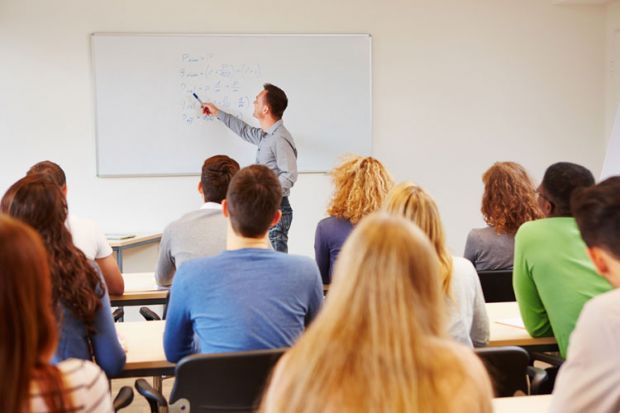News Blast Hub
Stay updated with the latest news and insights.
Teacher Training: Turning Knowledge into Know-How
Unlock the secrets of effective teaching! Transform your knowledge into practical skills with our expert tips and insights.
Effective Strategies for Transforming Teacher Knowledge into Practical Skills
Transforming teacher knowledge into practical skills is essential for enhancing classroom effectiveness and student engagement. One effective strategy is to implement peer-to-peer coaching, where experienced teachers mentor their colleagues. This system allows for real-time feedback and encourages the sharing of best practices. Additionally, creating opportunities for collaborative lesson planning can foster a supportive environment that promotes the exchange of innovative teaching techniques. Teachers can benefit significantly from working together, discussing challenges, and brainstorming solutions that can be applied in their classrooms.
Another critical approach is to incorporate professional development workshops that focus on hands-on activities. These workshops can provide teachers with the tools and techniques they need to apply their theoretical knowledge in practical settings. For instance, using student-centered learning strategies during these workshops can help educators understand how to engage students actively in their learning process. Additionally, leveraging technology through online platforms can enable teachers to practice new skills in a simulated environment, thereby solidifying their learning and boosting their confidence in applying these methods in the classroom.

The Importance of Hands-On Experience in Teacher Training
Hands-on experience is crucial in teacher training as it bridges the gap between theoretical knowledge and practical application. In a classroom setting, potential teachers must be equipped with the skills to engage students effectively, manage diverse learning needs, and create an interactive environment. Programs that emphasize real-life teaching experiences, such as internships and student-teaching placements, allow trainees to develop these vital skills. Furthermore, this immersive approach helps future educators to build confidence and adapt to the dynamic nature of a classroom.
Moreover, hands-on experience fosters a deeper understanding of educational methodologies and classroom dynamics. By participating in direct instruction and classroom management, teacher trainees can observe and practice various teaching strategies, making them more adaptable educators upon entering the workforce. This experiential learning not only enhances professional development but also significantly impacts student learning outcomes, as teachers who have undergone rigorous practical training are often more effective in facilitating and inspiring their students.
How to Bridge the Gap Between Theory and Practice in Education
Bridging the gap between theory and practice in education is essential for creating a more impactful learning experience. Educators can achieve this by incorporating real-world applications into their curriculum. This involves using project-based learning, where students engage in hands-on activities that reflect real-life challenges. Additionally, incorporating guest speakers and industry professionals into the classroom can provide students with insights into how theoretical concepts are applied outside academic settings. By connecting theoretical knowledge with practical experience, students can better understand the relevance of what they are learning.
Another effective strategy is to promote collaborative learning opportunities, such as internships and community service projects. These experiences allow students to explore various fields and apply their knowledge in authentic environments. Furthermore, educators should encourage reflective practices, where students assess their experiences and draw connections to theoretical frameworks. This can be done through discussion forums, journals, or group discussions that facilitate critical thinking and self-assessment. In doing so, students not only reinforce their theoretical understanding but also develop essential skills that will serve them well in their future careers.